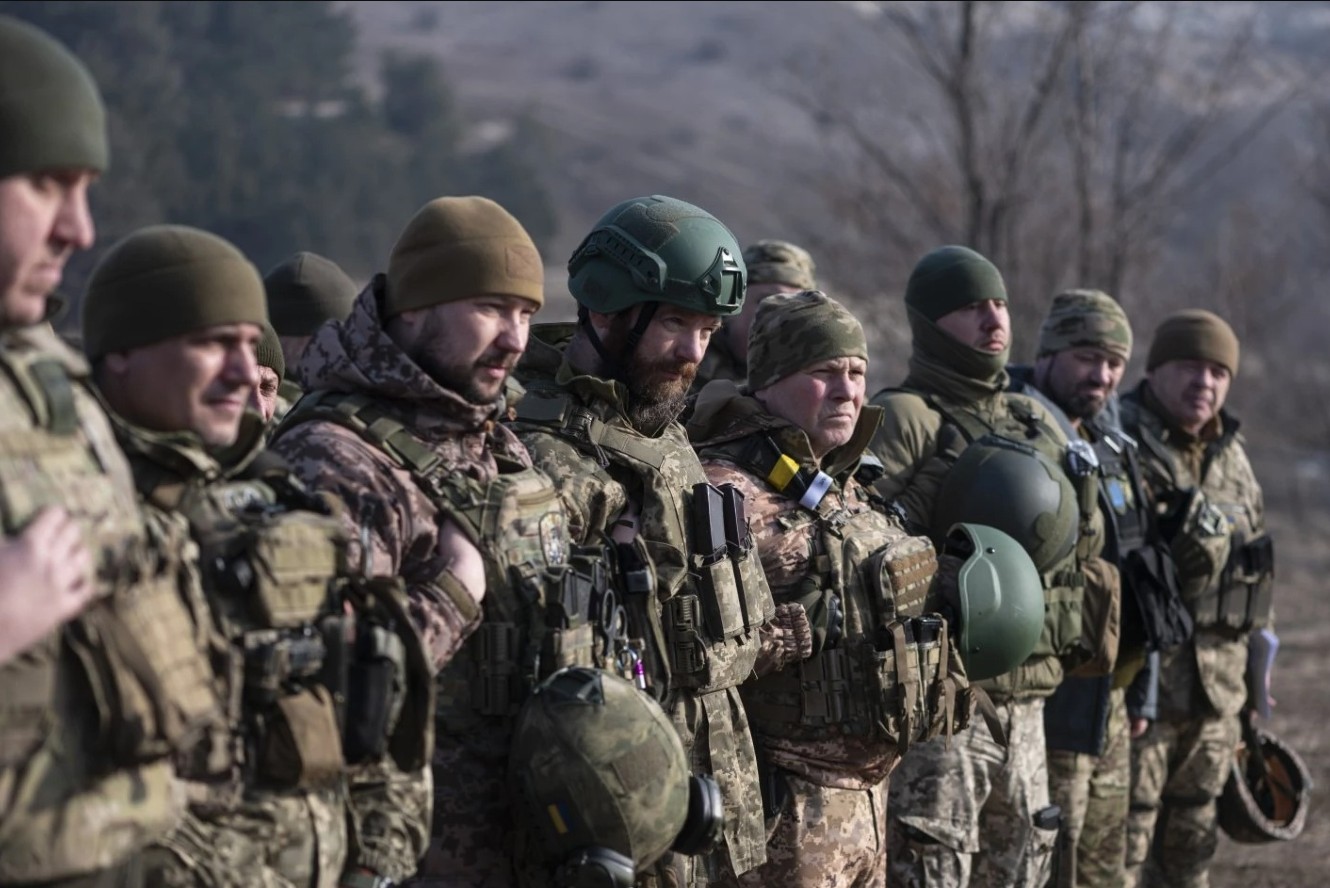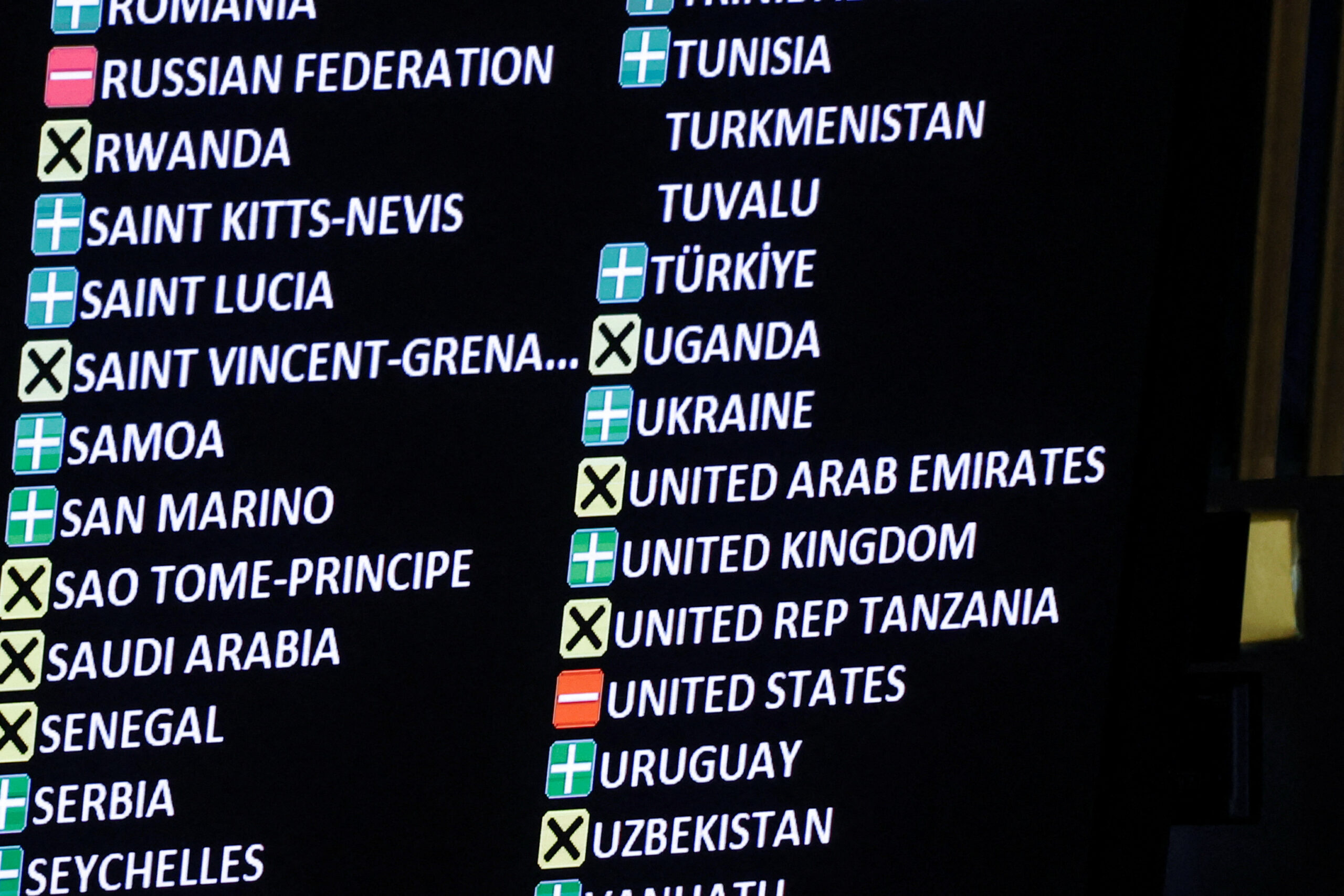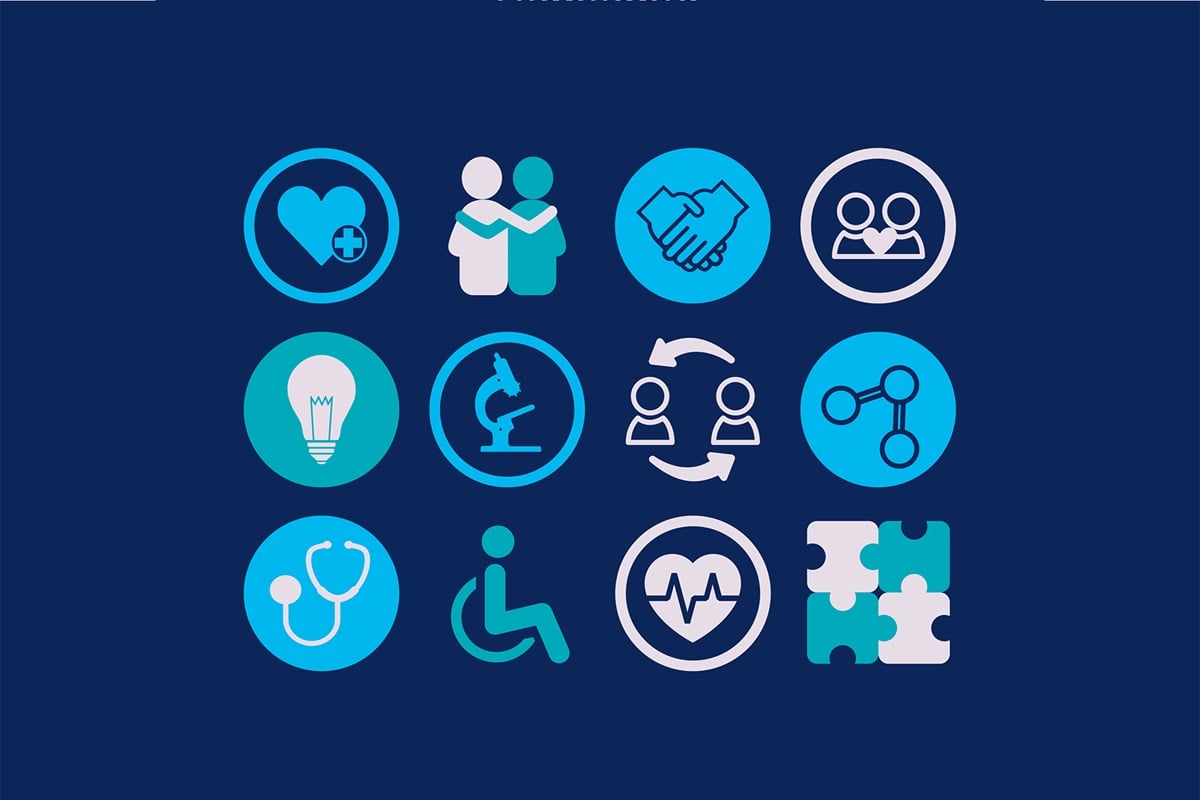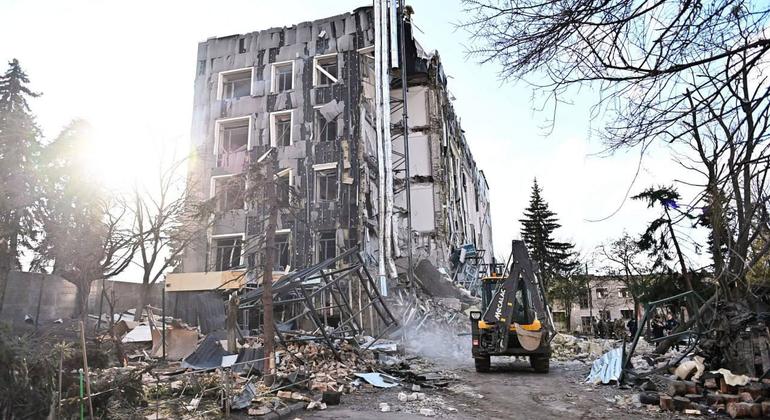Time and again since the Russian invasion of Ukraine in 2022, there has been extended political wrangling among Western governments and Ukraine over purported wonder weapons that will turn the tide of the war. After the…
Continue Reading

Time and again since the Russian invasion of Ukraine in 2022, there has been extended political wrangling among Western governments and Ukraine over purported wonder weapons that will turn the tide of the war. After the…

Unlock the Editor’s Digest for free
Roula Khalaf, Editor of the FT, selects her favourite stories in this weekly newsletter.
The Financial Times, Statista and Sifted are pleased to present the second edition of Europe’s Leading Start-up Hubs….

Friedrich Merz will need to hit the ground running. The leader of the conservative Christian Democratic alliance (CDU-CSU) looks set to become German chancellor after his party emerged victorious, though not as strong as they had hoped, in…

As the world marked the third anniversary of Russia’s full-scale invasion of Ukraine, a diplomatic clash at the United…

Despite…

In 2025, The Government of Ukraine, with support from donors, has allocated $7.37 billion (€7.12 billion) to address priority areas such as housing, education, health, social protection, energy, transport, water supply, demining, and civil…

The updated joint Rapid Damage and Needs Assessment (RDNA4) commissioned by the Ukrainian Government, the World Bank Group, the European Commission and the UN, comes as Russia’s full-scale invasion enters its fourth year.
It covers damage…

Speaking in a televised interview after convening a meeting on development of the rare earth metals industry on Monday, Putin said Ukraine’s potential critical minerals deal with the U.S. “does not concern us” — but claimed Moscow had…

PARIS — Europe can build up most of the critical defense enablers needed to deter or defeat Russia without U.S. support within five years, provided the political will to invest is there, according to security researchers and experts surveyed by…

New research reveals why life expectancy gains have slowed across Europe—and how proactive policies in some countries helped them weather the COVID-19 crisis better than others.